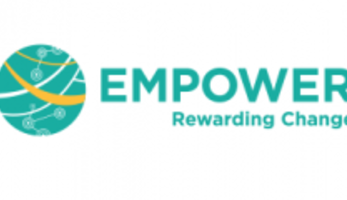EMPOWER
Reducing the use of conventionally fueled vehicles by influencing mobility behaviour.

About the project
The main objective of EMPOWER was to substantially reduce the use of conventionally fueled vehicles (CFV) in cities by influencing the mobility behaviour of CFV drivers and users towards fundamental change. To achieve this objective, EMPOWER created a set of tools for industry, policy makers and employers. This empowered stakeholders beyond the lifespan of the project to understand, select and successfully implement ‘positive’ evidence-based and cost-effective policy interventions, based on innovative mobility services, and in the context of existing infrastructure, policy and measures.
EMPOWER aspired to reduce the use of CFVs by:
- Shifting trips to other modes/other vehicle types
- Promoting sharing and self-organisation and reducing demand overall e.g. through remote access to services
The project aspiredto reduce the undesirable impacts from CFV use by shifting CFV use to outside peak times and diversions to avoid particular areas/routes.
The research utilised a multidisciplinary approach by leading social science research with the public, 4 living lab experiments and 7 City pilots.
The EMPOWER concept was used in practice by City stakeholders who were able, using a software tool, to choose positive policy options based on their expected impacts, and subsequently deliver incentives and social network sharing schemes to individuals using software.
The innovation outputs of EMPOWER included an EMPOWER Toolkit which fostered the following in cities:
- New mobility services that provide innovative positive policy measures
- New evidence on behavioural responses and impacts from positive incentives
- Improved organisational models for successful implementation of positive policy measures
- Innovation in the evaluation methodology for new mobility services
Find more in-depth information on the lessons learned in EMPOWER on p.7 - p.9 of the publication CIVITAS Research Projects - Lessons Learned - 2015-2018.
Cities
Fast Facts
May 2015 - April 2018
Project duration
11 partners
Project partners
€4,898,621
Project funding
Knowledge Bank
Thematic areas
Active mobility
Behavioural change & mobility management
- Mobility marketing and awareness raising
- Mobility Planning













